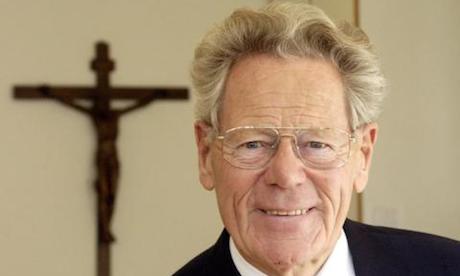Since Pope Francis took office in March, almost everything he has said and done indicates that he is bent on carrying through a thorough reform of the Roman Catholic Church, beginning with the Vatican itself.
Scarcely a month after taking office, he created an international group of eight cardinals to advise him on reform of the Roman Curia.
Only one of them was a Vatican official; the others came from Australia, Chile, the Democratic Republic of Congo, Germany, Honduras, India, and the US, and some of them were outspoken critics of Vatican operations.
As secretary, he appointed an Italian bishop who had recently gone on record for saying that bishops should be men of service, not men of power.
On 1 October, this commission, now officially constituted as the Pope’s permanent advisory body, met for the first time for three days of closed-door discussion, during which the Pope listened more than he spoke.
In a long interview given a week earlier to the Italian newspaper La Repubblica to be published on the opening day of the meeting Pope Francis stated that, in creating this body, he wanted ‘advisers’, not ‘courtiers’ and that he intended it as a first step in making the Church ‘an organisation that is not just top-down but also horizontal’.
Candidly, he expressed his criticism of the Curia and outlined his programme of reform. Continue reading.
Fr Hans Küng is a theologian and author based in Tübingen, Germany.
Source: The Tablet Blog
Image: Living Wittily
Additional readingNews category: Analysis and Comment.




